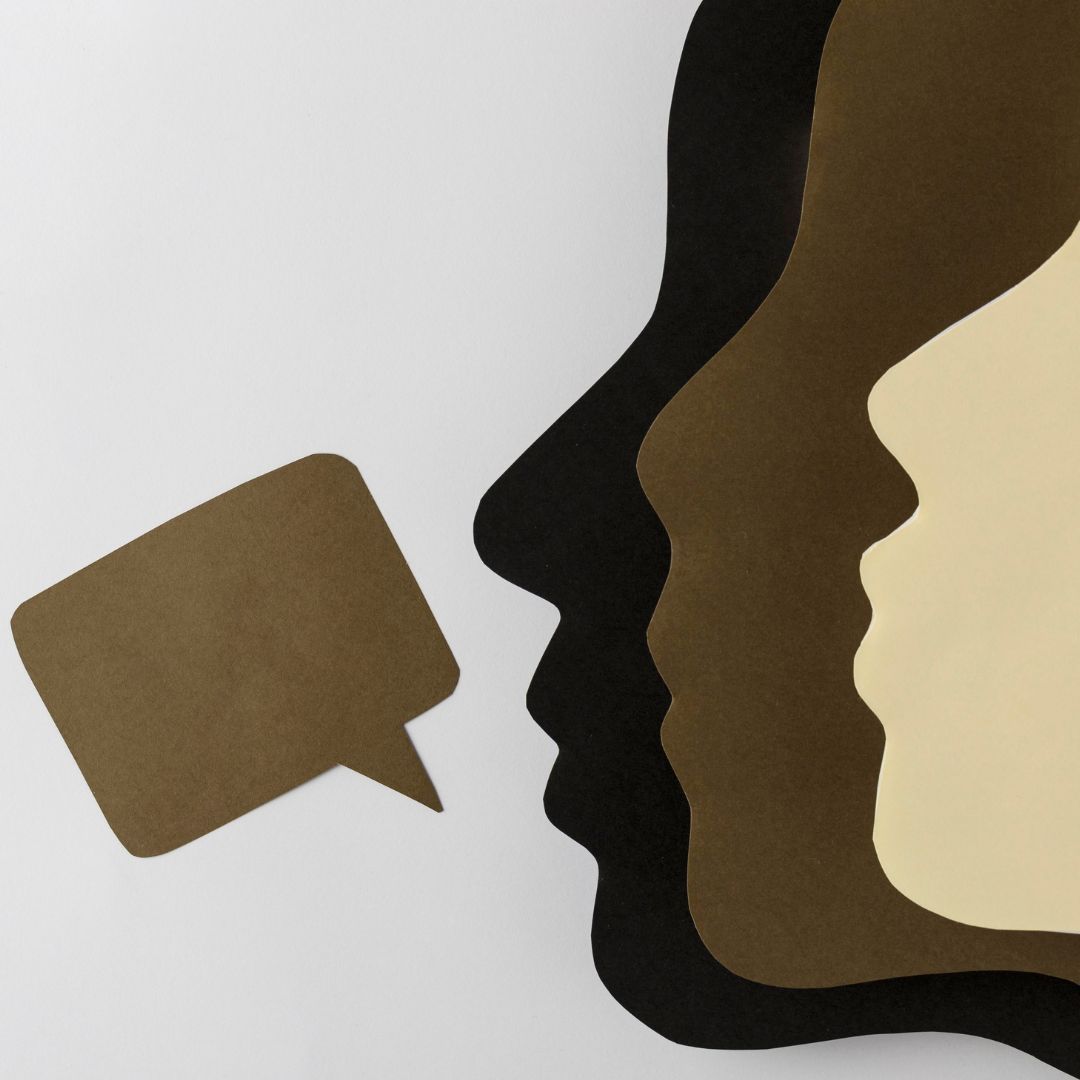Unraveling
One of the most challenging yet transformative experiences in therapy is the
“unraveling.”
As you begin acknowledging and addressing past hurts, you may start to notice a shift inside of you. It may look like:
- Naming your thoughts and feelings
- Identifying your “sore” spots, things you’re especially sensitive to
- Recognizing your reactivity and impulses
- Noticing the dynamics across your relationships
When we allow ourselves to explore the
“yuck that keeps us stuck” in therapy, we gain self-understanding and the language to describe our internal experience.
We start to “unravel” and see our ways of being as patterns and learned behaviours. Through the
“unraveling,” we give ourselves the opportunity to make connections between our past experiences and our present triggers.
During this time, it’s common to feel raw and exposed. Healing is not an easy process. Give yourself grace and celebrate the “aha!” moments and welcome the “ouch!” moments.
Local Brilliance Shines: Long Beach Journal Spotlights Noemi Alsup
During the pandemic, kids and teens were inundated with all kinds of
“scary” news, which kickstarted a stress response cycle, activating a fight, flight, or freeze response, said Noemi Alsup, a therapist who works with teens at Rose Junie Therapy.
Gentle reminder that awareness is our baseline– we can only do with what we know.
Written by: Elaine Raif



COMPANY
SERVICES
CONTACT
